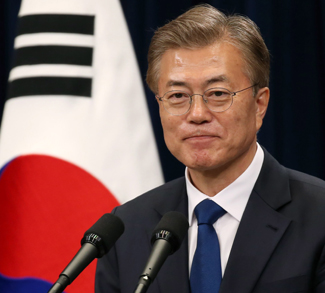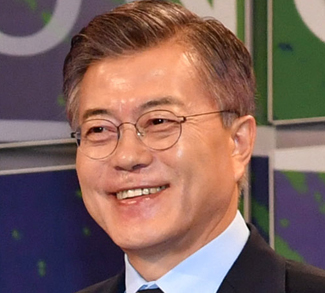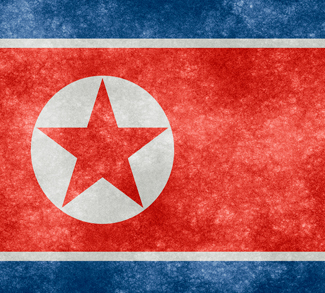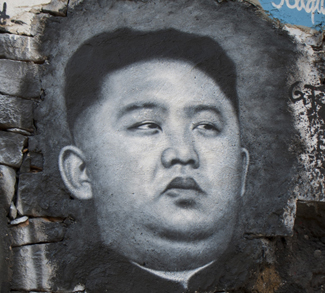Summary
South Korea’s new President Moon Jae-in is taking a proactive and progressive approach to addressing its reclusive neighbor in the North. His apparent plans to resurrect a modified version of the so-called ‘Sunshine Policy’ aims to engage and disarm North Korea through diplomatic dialogue, humanitarian, aid and joint economic projects. North Korea’s nuclear brinkmanship has escalated regional tensions in recent months—triggering a series of joint-military exercises, deepening sanctions, and the deployment of the Terminal High Attitude Area Defense (THAAD) system.
As the main provider of economic assistance to the hermit kingdom, China plays an indispensable role when it comes to reining in on North Korea’s behavior. Indeed, China’s cooperation will be a key issue raised during a prospective private meeting between President Moon and Chairman Xi at the upcoming G20 meeting in Hamburg.
Yet the current geopolitical situation is very different from when the ‘Sunshine Policy’ came to an end a decade ago. South Korea finds itself in a dangerous vortex of an increasingly assertive Beijing, inward-looking Washington, and an emboldened Pyongyang. An action plan is essential to bringing all stakeholders to the table, but will the ‘Moonshine’ Policy find greater success than its predecessor?
Background
Presidents Moon and Trump have something in common: they both regard the Obama administration’s strategic patience towards North Korea as a failure. While the two previous conservative administrations (Lee Myung-Bak, Park Geun-hye) adopted a policy of isolation, Moon believes in greater engagement. Moreover, he sees inter-Korean relations as the best way to ensure security on the Korean peninsula. Both Moon and Trump have expressed willingness to meet and talk with Kim Jung Un. This represents a clear divergence from before; where regimes of recent memory sought to strong-arm North Korea into negotiation, the Moon will rely on outreach and discourse. It could also bring about a divergence in US-ROK relations. While the new South Korean leader is clearly signaling a more conciliatory stance, Trump has yet to relinquish his combative temperament.




